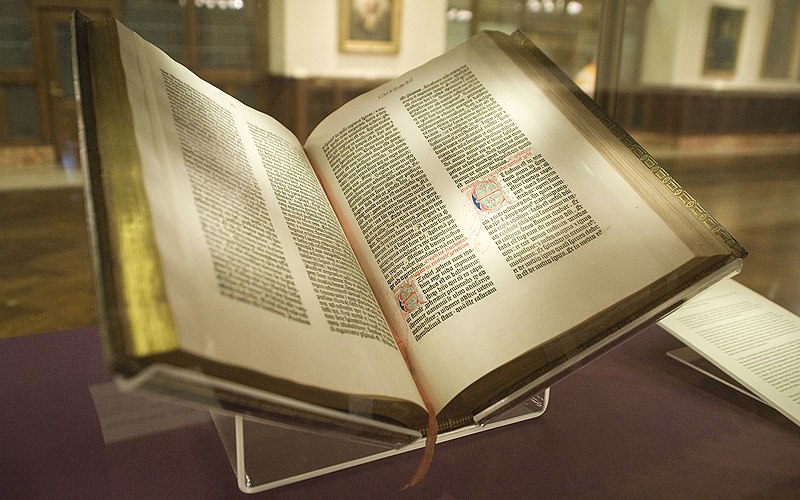 |
| Erasmus, one of the most influential Humanists |
Along with a rediscovery of the ancients, came a rediscovery of mankind. The Catholic Church's interpretation of the Bible had led people in the middle ages to conclude that this life was to be endured and that the body was corrupted. These ideas were challenged when Renaissance authors rediscovered Greco-Roman tradition, which glorified the body and the feats of man. Men like Petrarch and Erasmus were profoundly influenced by this and there was a fundamental shift as people began to focus more on this life as a sense of individualism and pride in one's work grew. Cried Shakespeare through his play "What a piece of Work is Man!" and Giovanni Mirandola writes in his Oration on the Dignity of Man
Man's Place in the universe is somewhere between the beasts and the angels, but because of the divine image planted in him, there are no limits as to what man can accomplish...
This shift in thinking challenged centuries of thought, and inspired many other to question ideas that had been in place for centuries. This environment made it possible for Martin Luther's call to return to piety not fall on deaf ears.
 |
| Gutenberg Bible: The printing press contributed to the reformation by making the bible more accessible |
It is important to note that despite the many similarities between the two periods, there are important differences between the Reformation and Renaissance as well, namely that the Renaissance was a very secular movement, and thus the focus was on secular knowledge and not on challenging religion and the Catholic church. Perhaps even more important was the scope of the Reformation, in that it was a call for everyone to return to the Bible, while the Renaissance was much more of an elitist or scholarly change. The Reformation's influence on the common man is best shown by comparing two sermons, John Colet's to the Convocation before the reformation and Hugh Latimer's Sermon on the Plower given afterwards. Both discussed the need for change. Colet spoke in Latin to other priests, telling them that they all (including himself) needed to improve. The other, Latimer, spoke to a crowd and actually made fun of the tradition of speaking in Latin. He also called for the radical removal of all the "unnecessary" things added by the Catholic Church and a return to the bible. It is significant that the language, audience, and amount of change called for all shifted so quickly in such a short period of time. The reformation had a great affect on the religious life of every person, while the Renaissance worked on more of a "Trickle down" basis over a longer period of time.
While there may be several important differences between the Reformation and the Renaissance, chiefly the focus and who was affected by each. At its core, the Reformation reflected many of the broader values of the Renaissance, building on them and evolving to create the Protestant religion. Without the Renaissance, the Reformation would not have been possible.
Image credit: Erasmus of Rotterdam (public domain via wikimedia)
The Gutenberg Bible (public domain, originally posted by Flikr)

No comments:
Post a Comment